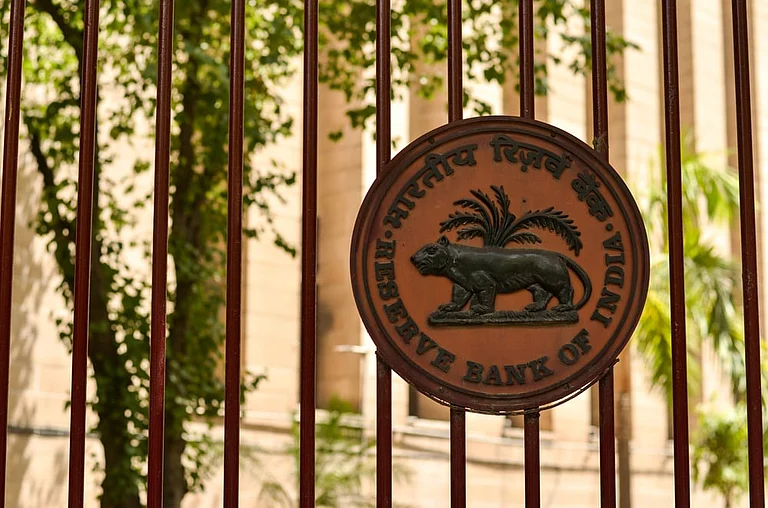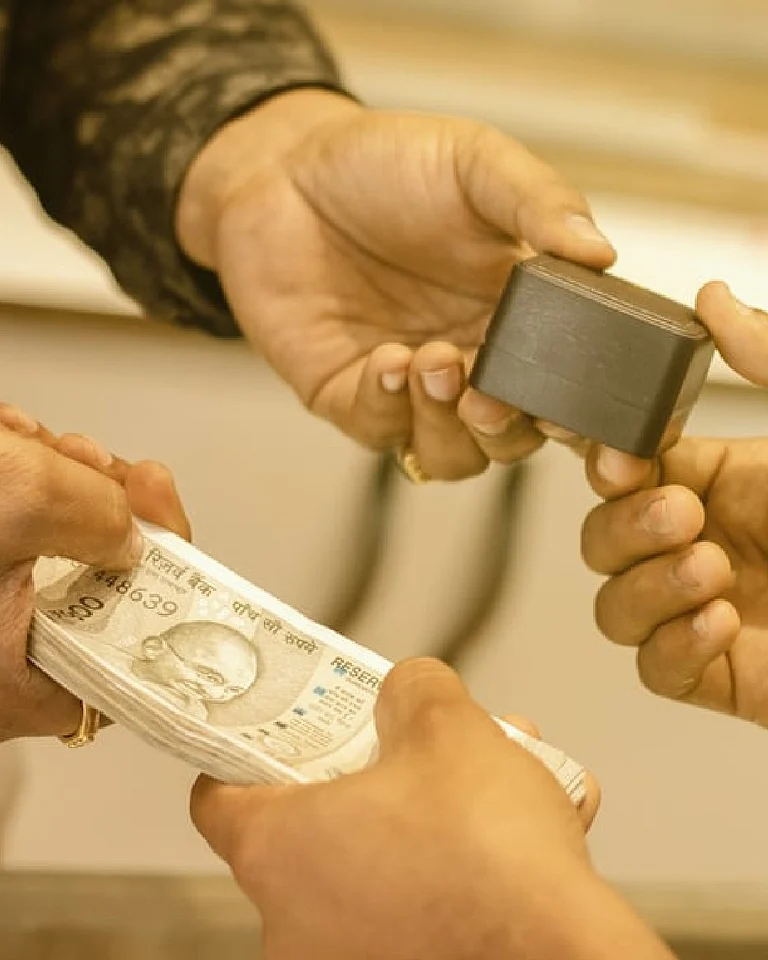The Reserve Bank of India (RBI) increased its gold holdings by 57.49 tonnes in the fiscal year 2024-25, according to a report by the World Gold Council (WGC). This boosted the value of India’s gold holdings, while simultaneously increasing the share of gold in India’s total foreign exchange reserves, WGC said.
Gold Holdings and Relocation Efforts
Earlier In March 2025, the RBI’s gold reserve had reached 879.59 metric tonnes, with domestic holdings accounting for 511.99 metric tonnes, a significant increase from 408.31 metric tonnes in the previous year. The RBI also repatriated 38.64 tonnes of gold from the Bank of England and the Bank for International Settlements, bringing the total gold repatriation to 88.60 tonnes.
Strategic Implications of Gold Accumulation
The RBI’s decision to boost its gold reserve aligns with an ongoing international trend of diversification beyond the dollar. It also endorses support to domestic economic stability. Gold serves as a hedge against inflation and currency fluctuations and is also considered a stable asset during periods of economic uncertainty. By relocating gold to domestic vaults, the RBI has not only enhanced national security, but also cut down on the storage costs.
Impact on Foreign Exchange Reserves
The value of RBI’s gold holdings rose by 48.41 per cent during FY25 to $78.17 billion from $52.67 billion in the previous year. Consequently, the share of gold in India’s total foreign exchange reserves increased from 9.32 per cent in September 2024 to approximately 11.70 per cent in March 2025.
Conclusion
The RBI is expanding and relocating gold reserves to India to strengthen economic stability and reduce global volatility as part of the government’s effort to better navigate future economic challenges and strengthen its financial autonomy and resilience, while also enhancing domestic storage and gold share.












